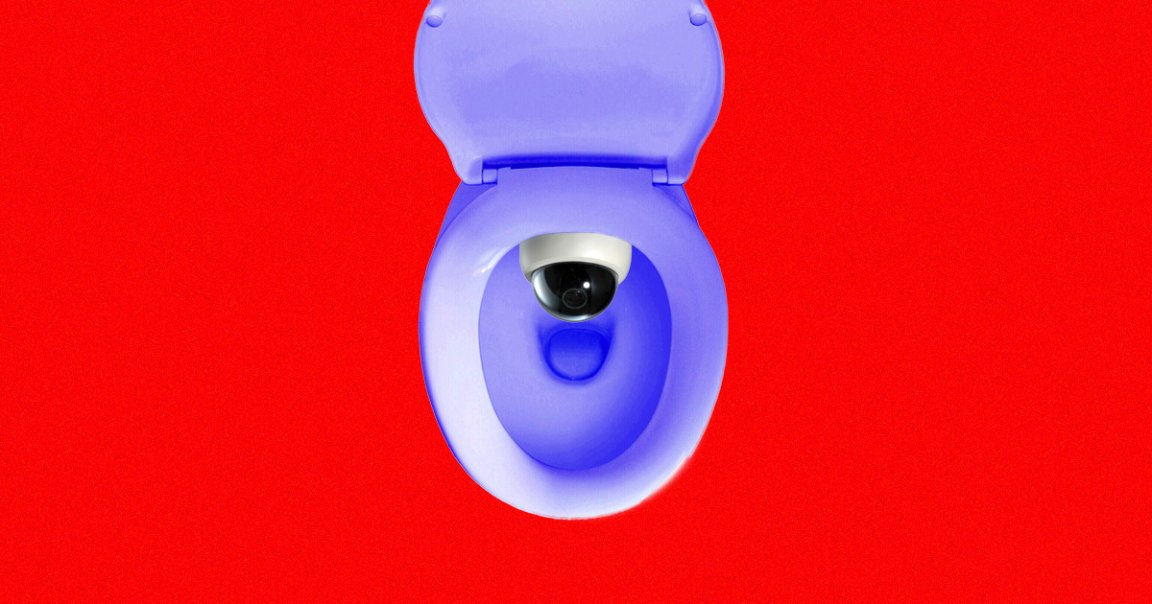
Researchers want to give the toilet a smart makeover — but we’re not talking about heated seats or bidet attachments.
Take the Stanford School of Medicine, where The Wall Street Journal reports that researchers are developing a scanner that can recognize the user’s unique “anal print,” or “distinctive features of their anoderm,” meaning the skin of the anal canal.
To pull it off, they installed a camera inside a toilet bowl and used machine learning algorithms to match stool samples to specific, uh, users. The system could even calculate “the flow rate and volume of urine using computer vision as a uroflowmeter,” according to the researchers’ 2020 paper.
If you have any privacy concerns about all this, the scientists say the butthole data is all “stored and analyzed in an encrypted cloud server.”
All told, smart toilets are having a bit of a moment right now.
Sonia Grego, the co-founder of Coprata, a Duke University-affiliated physiological monitoring startup, wants to revolutionize the way we do our business by scanning samples of your poop and urine for health indicators, including chronic diseases and even cancer, The Guardian reports.
Another company, called Toi Labs, took that idea a step further with its TrueLoo smart toilet seat, which collects an even broader selection of biometrics.
“What do they weigh? How are they sitting on the seat?” founder Vik Kashyap told The Guardian. The seat can then analyze stool samples “using optical methods, looking at things like the volume, clarity, consistency, color.”
The products are mostly aimed at older folks.
“It’s essentially understanding when someone has abnormal patterns and then it’s capable of documenting those patterns and providing reports that can be used by physicians to help in the treatment of a variety of conditions,” Kashyap told The Guardian.
But, as most Internet of Things devices, a major question looms: where does the data go? Many users “wouldn’t, for very good reasons, like cameras pointing up their bottoms,” Phil Booth, the coordinator of MedConfidential, told The Guardian.
Collecting data on stool and urine samples gives out a lot of personal information, down to drug use — illicit or prescribed — and intimate health cetails.
One worrisome scenario is that insurance companies could get hold of that data and start offering preferred treatment to those who are otherwise healthy.
“Once you start to measure something that is of the body, the privacy line is stepped over,” Booth told The Guardian.
READ MORE: The smart toilet era is here! Are you ready to share your analprint with big tech? [The Guardian]
More on toilets: SpaceX Tourists Struggled With Space Toilet